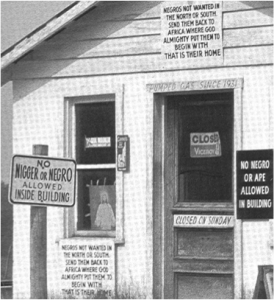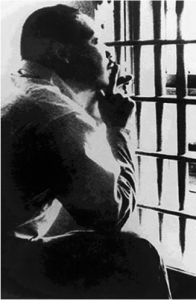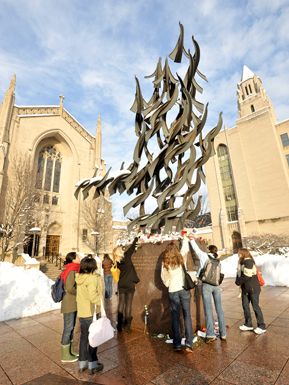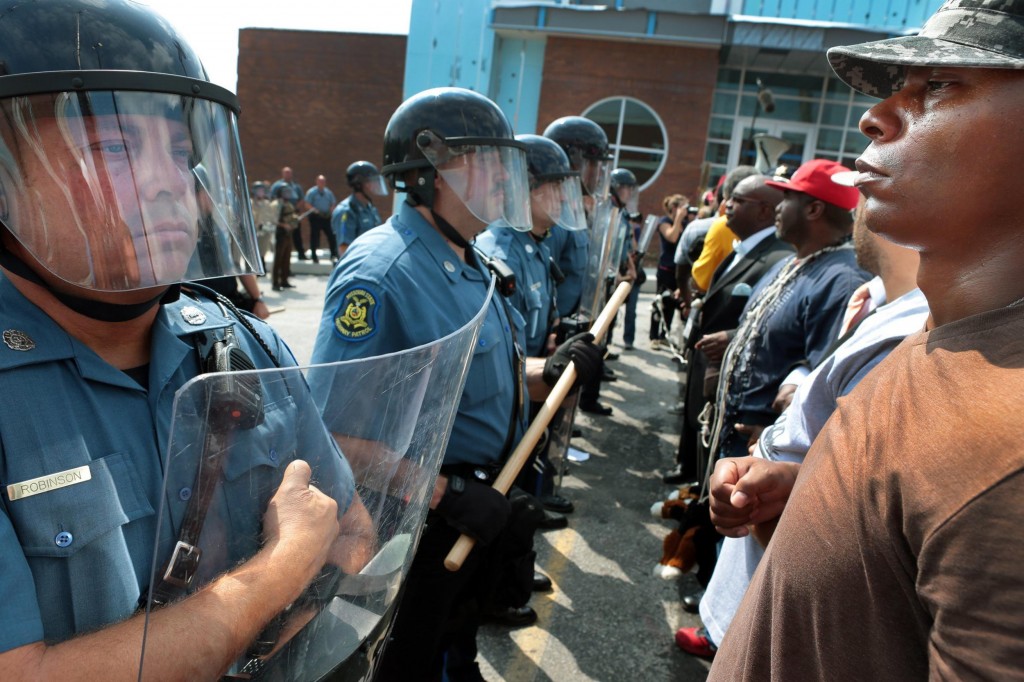Written by Yara Tashkandi
It was late at night. No one was awake to share with this huge decision I just made. I walked nervously around my room, giving my decision the time to sink in.
I looked closely at my self-reflection in the mirror. I noticed my white skin, my slanted Asian eyes, my hand holding a green passport that says (a citizen of Kingdom of Saudi Arabia), and my heart, filled with love and sense of belonging to all Arab countries.
I had a puzzled look on my face, and my head was spinning with thoughts. I was wondering how could all these different identifications form a person? What am I? Am I a Saudi? An Arab? An Uzbek? I stopped questioning myself and remembered my decision. I had one last happy and relieved look, because I ended up choosing humanity. I could wholeheartedly say that I belong to one race, the human race.
During my childhood, I was always looked at as the Uzbek girl in school. My friends and classmates found it interesting that I didn’t have their beautiful wide brown eyes, but instead, I had really small black eyes. Also, they picked on me because of my last name, Tashkandi, which is taken from Tashkent, the capital city of Uzbekistan. They were sure that a girl with my eyes and my last name could never be Saudi, and will definitely have to go back to her original country. They kept asking questions about Uzbekistan and promising to visit me when I go back. No matter how hard I tried to tell them that I am Saudi, that I was born and raised in Saudi Arabia, and that I will not go back to Uzbekistan, they just decided not to believe me.
As I grew older, the tone got harsher. Instead of promising to visit me in Uzbekistan, people started asking me to go back to Uzbekistan. Whenever I tried to contribute in anything as a Saudi citizen, opponents of my opinion would just pull the Uzbek card on me. “You’re not originally Saudi. Go back home!” They spread their poisonous words all over me. Right then, I knew that I would never be looked at as a Saudi, so I might as well stop trying to be one.
After that, I decided that If I couldn’t be a Saudi, then at least, I’m going to be an Arab. When the Arab Spring began back in 2011, I felt that I finally belonged to something. I could feel my soul flying over Tahrir square in Egypt, participating in a march in Tunisia, and protesting in the streets of Libya. But after a few months, when the protests got harder, and the killing and arresting were on a daily basis, I knew that I could never possibly identify myself as an Arab, since I have never actually tasted the bitterness that they have tasted. I didn’t know what a martyr’s mother’s sad tears, or even a victorious revolutionist’s happy tears felt like. Maybe I can’t be an Arab after all. But then what can I be?
For a long time after that, I was worried about figuring out what I can be, and finding the race or the ethnic group that I belong to, and I forgot to just be myself. I forgot to just simply be a person who has ideas and beliefs, without all of the other complications. All of these previous incidents made me realize that I do not need to fit a certain criteria. I could just be myself, and be identified as a human being whose identity was shaped by going through a lot and experiencing many things. This decision has helped me a lot, especially after coming here to the U.S. and meeting people from many different races, and cultural backgrounds. Now, I feel confident enough not to let anyone label or classify me into a specific group. I am who I am, and I belong to only one race, the human race.




